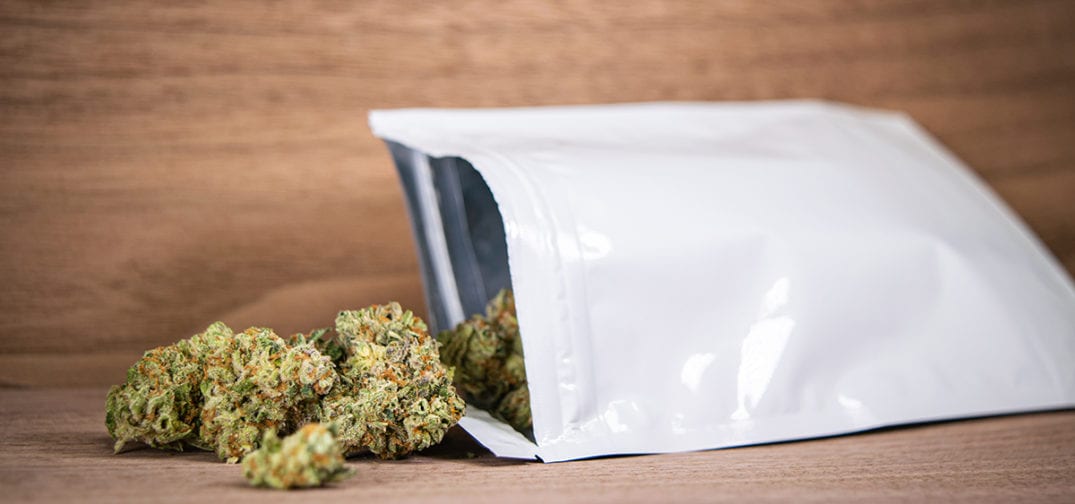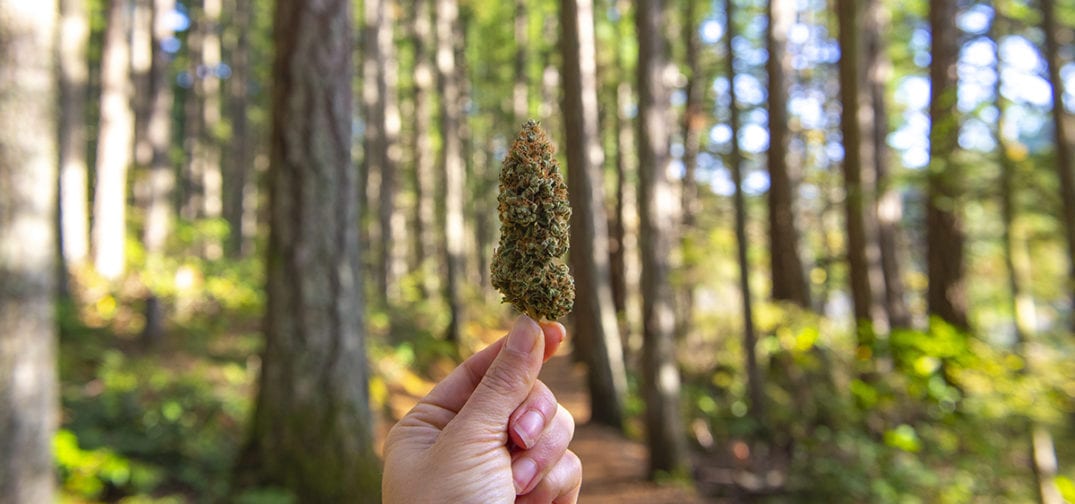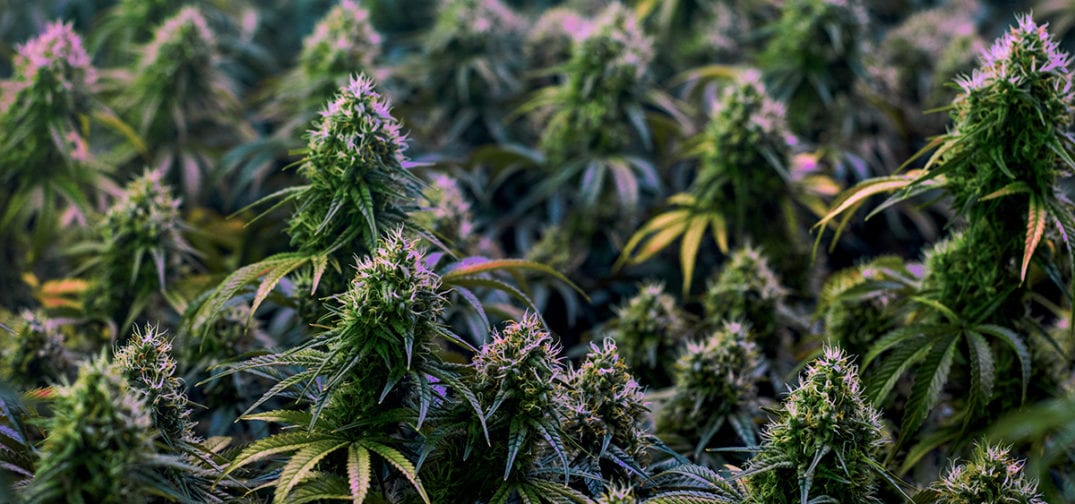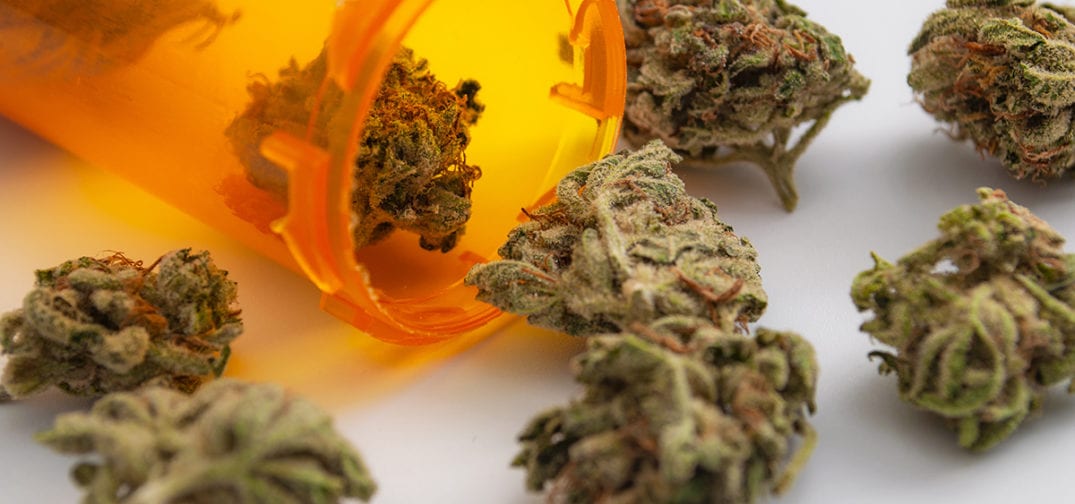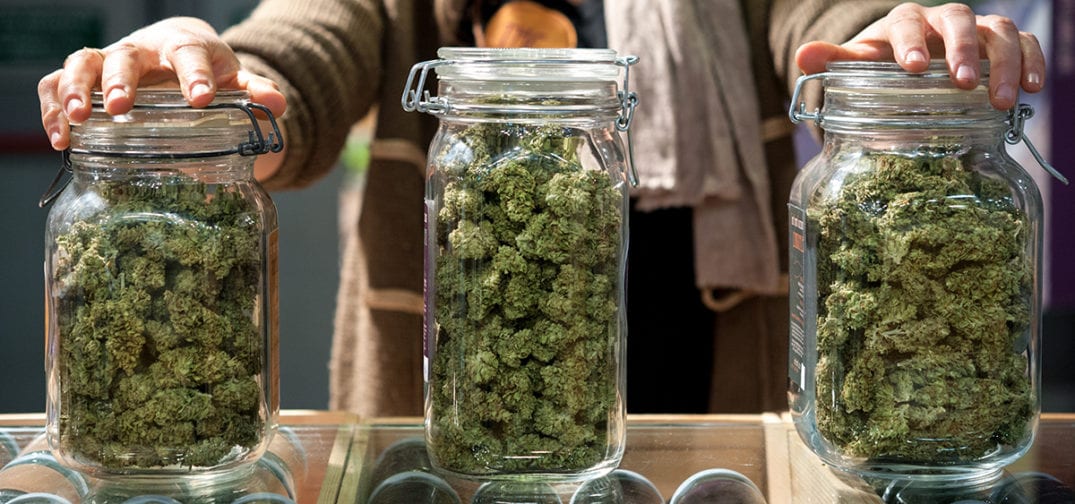PAX Labs have been leaders in vaporizer technology since the release of their first PAX dry herb vape. The company was started in 2012 by two Stanford scholars who were looking to improve the scant technology offered then to cannabis connoisseurs. At the time, the most well-known convection vape was a Volcano, and none of the portable pieces could deliver a pure flavor without burning the herb. When the PAX portable dry herb vape was released, it changed the market for the better. There are now three generations of PAX dry herb vapes along with two generations of the PAX Era, a battery compatible with pre-filled cannabis oil pods that are available at many adult-use dispensaries.
Recently, PAX released a new line of its third-generation product. “Our new color palette is a beautiful range of modern, refined colors, hand-selected to reflect a sophisticated, yet still discreet, design,” said Jesse Silver, PAX Labs’ Senior Vice President of Product.
Along with updated color releases, the PAX 3 is the very first device from PAX Labs that can switch between vaping dry herb and concentrates. It also introduces Bluetooth connectivity to the line. Both products connect to the PAX Companion app for customization, device locking, updates, and precise temperature control down to the degree. There are also some other notable differences when vaping with the PAX 3 that may sway the user from other pieces.

The PAX 3 session is intuitive — turn it on, set the temp, wait for the piece to heat up and vibrate, and then inhale. Turn the lightweight piece on by pushing the button in the middle of the silicone mouthpiece. When activated, the LED logo on the front will light up and then begin heating. The carefully crafted machine is so technical that it makes the user experience simple. To vaporize dry flower just grind the herb, fill the chamber, and you’re ready. The concentrate vaping process using the insert isn’t that much more complicated. Just load the concentrates, plug in the insert, and set the temperature.
There are a few ways to set the temperature. One simple way is to hold the activation button down while the piece is on until the logo lights up. In this mode, each of the four lights that make up the PAX logo represents a temperature. Cycle through each heat setting by clicking the button once, then hold down to go back to the vape setting. It’s also easy to set the temperature using the companion app, which allows the temp to be set either down to the degree or to one of five perceptive settings, Standard, Stealth, Efficiency, Flavor, and Boost.
The Standard setting is the default setting for the PAX, boosting temps while you draw and auto-cooling when you’re not.
Stealth mode dims the LEDs and auto-cools quickly to reduce the odor.
Efficiency ramps up gradually during a session along with the standard boost and auto-cooling to get the most out of the herb or oil.
Flavor mode is optimized for the best terpene and flavonoid profile with on-demand heating.
Boost temps aggressively and auto-cool slower to heat the chamber efficiently.
Vaping with the PAX 3 is an excellent experience, and the piece works best when the chamber is somewhat full and the battery is completely charged. One fully tamped chamber of dry herb can easily be shared with up to 3-5 light smokers or provide a big session for one person. There are some reasons that the PAX 3 is a step ahead. The device heats quickly, which is a major plus compared to similar portable dry herb vapes. When it comes to flavor, the vapor matches the strain profile which is an indication that flavonoids and terpenes aren’t being burnt off by the applied heat. When using the piece to vape concentrates, it works best at the highest temperature, lightly loaded, and held upright. It is also imperative to clean the chamber after each session.
End



